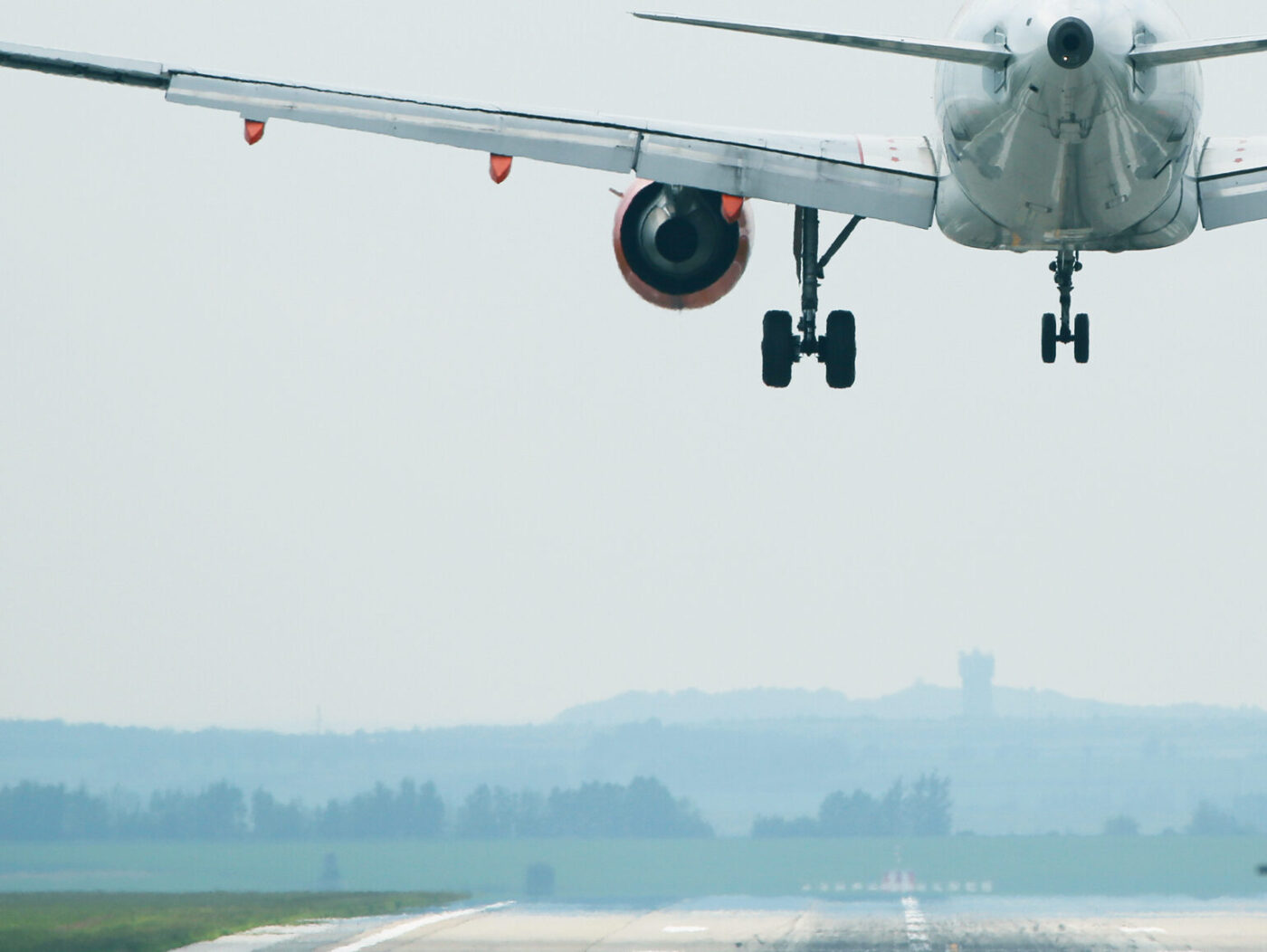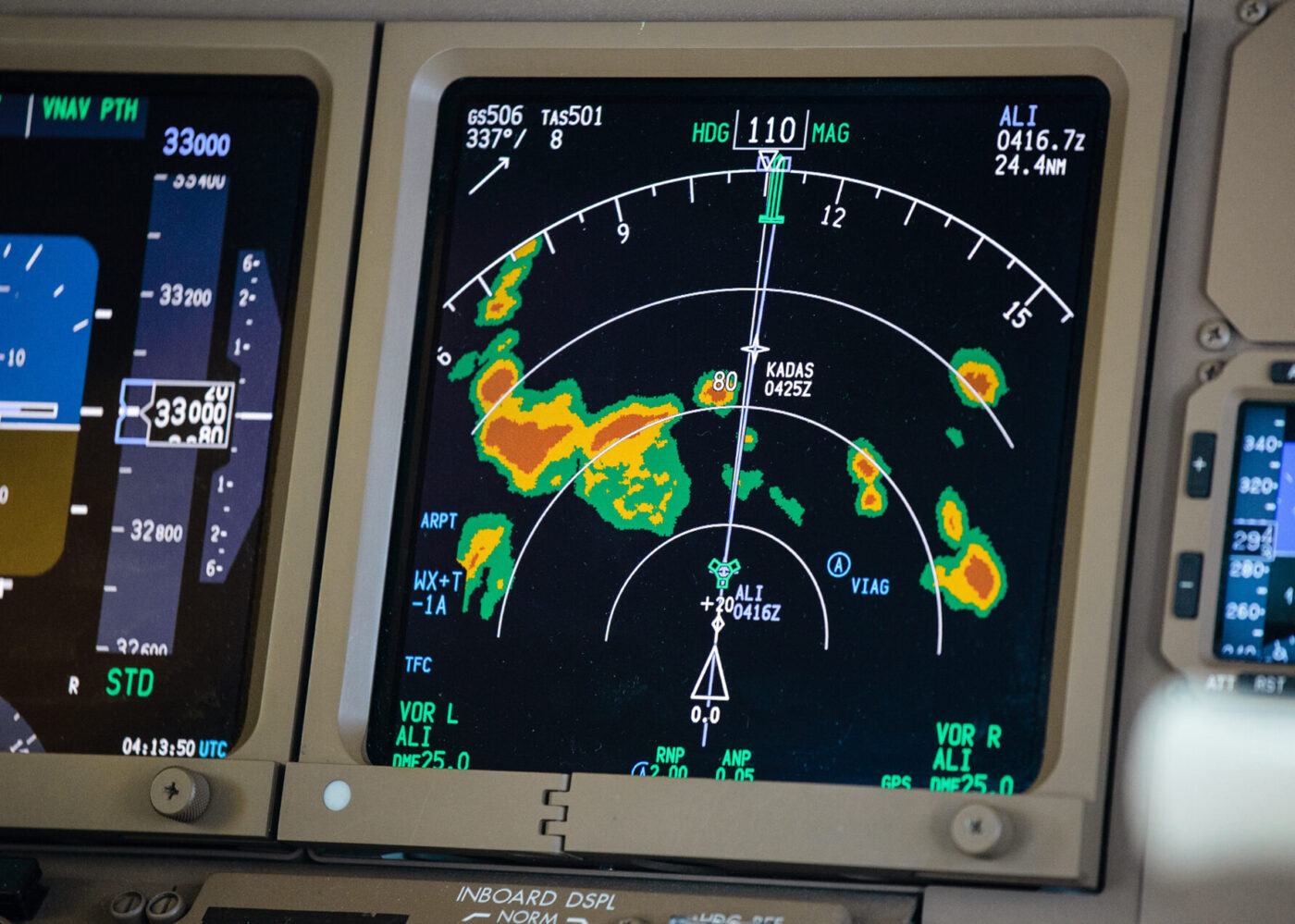The news involves three of the potential risk events we highlighted in our recent note:
- First, the surge in uncertainty could be a major shock to equity and other risk markets such as credit.
- Second, the European economy could suffer a significant setback. Negative shocks to business and consumer confidence as well as even higher energy prices and thus inflation would dampen growth near-term.
- Third, markets may even worry that central banks – notably the Fed – may overreact to elevated inflation in such a situation of uncertainty. These worries would likely be premature. Whether a central bank has merely taken the foot off the accelerator or stepped on the brakes too harshly usually becomes apparent only towards the end rather than at the beginning of a rate hike cycle. Instead, Western central banks would intervene if need be to ensure that money and credit markets work sufficiently smoothly.
Key headlines so far:
- Russian forces have conducted missile strikes at several cities in Ukraine with reports of explosions and gunfire in Kiev
- US President Biden has said that he will conduct meetings with G7 leaders to decide on further Russian sanctions
- Russian media is reporting that Russian forces have attacked Ukrainian military infrastructure and air bases (via Reuters)
- Ukrainian media reports that Russian troops have landed in southern port cities of Odessa and Mariupol (via Reuters)
Issues beyond the immediate newsflow
Our assessment rests on the key assumption that Russia does not go on to attack a NATO member, which even the Soviets never did, and that the war thus remains a Russian invasion of Ukraine. Among the big questions which the world may ponder in addition is how China will assess the Western response and how that might affect its stance towards Taiwan. As discussed before, we rank a hypothetical Chinese attack on Taiwan as the worst geopolitical risk with much starker consequences for the global economy and global markets. For more on this tail risk, see pages 7-8 of our event risk note.
Potential consequences of a Russian invasion of Ukraine
The text below largely repeats our assessment of the potential consequences of a Russian invasion of Ukraine as published on 22 February.
Short-term impact (1-2 months)
- Further significant risk-off move in markets amid unusual uncertainty followed by a rebound once the outlook becomes clearer
- Temporary setback to European business and consumer confidence
- Rebound in economic growth from Omicron setback delayed by up to two months, but recession (2 quarters of GDP contraction) unlikely
- Some further rise in energy price inflation (but Europe beyond peak vulnerability as winter is largely over)
- ECB/BoE to tread more cautiously at their March meetings, even stronger emphasis on keeping options open upon charting the course of stimulus removal
- Tougher times for friends of Russia such as France’s Marine Le Pen ahead of the French elections in April
Medium-term impact (3-12 months)
- Markets return mostly to previous trends
- Economic growth in Europe back on track for strong post-Omicron rebound amid easing supply shortages
- Inflation stays slightly more elevated (by c0.3 ppt) due to somewhat higher energy prices
- Monetary policy returns to path that seemed likely beforehand
- Gradually mounting economic problems in Russia due to sanctions, self-isolationand the costs of imperial overstretch
- Significantly stronger political cohesion within EU and NATO in response to Russian threat
Long-term impact (beyond one year)
- No significant impact on European growth
- Faster diversification away from Russian oil and gas, more spending on renewables plus nuclear power and on hydrogen for storage of energy
- More military spending in the western world
- Right-wing populist challenge to cohesion of EU recedes as Putin’s Russia loses its allure and the means to finance its fans among the European populists
- Geopolitical impact to depend partly on 2024 US election (moderates win = stronger NATO; return of Trump-style “America first” = US-European alliance severely strained)
- Progressive weakening of Russian economy which, like the Soviet Union before, falls ever more behind the advanced world, see The Russia gap: Chart of the Week from 18 February 2022




